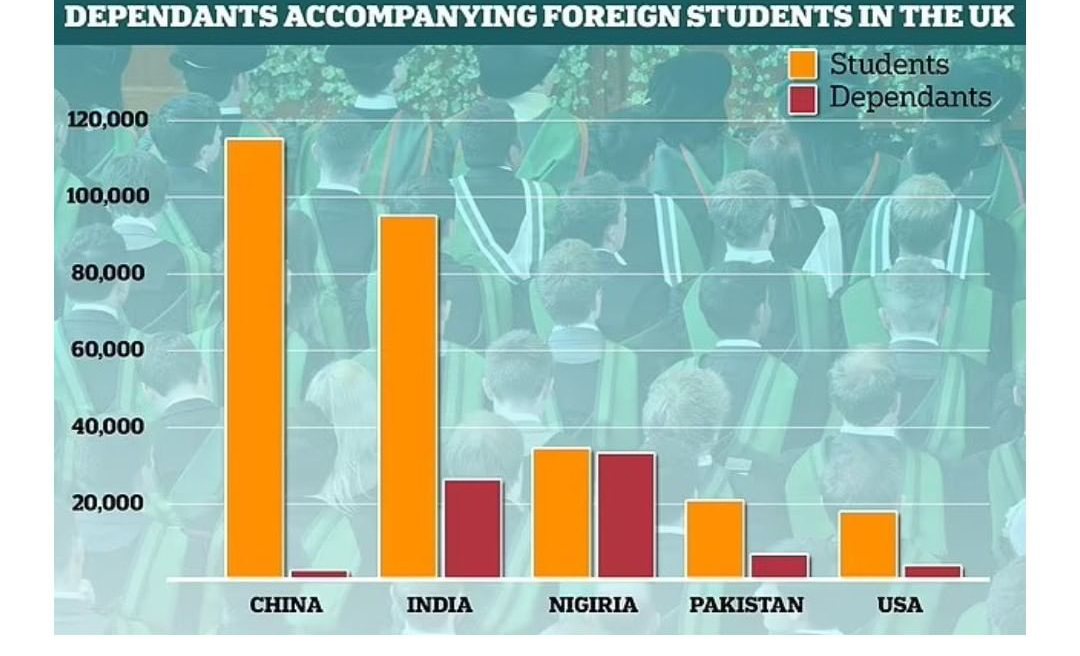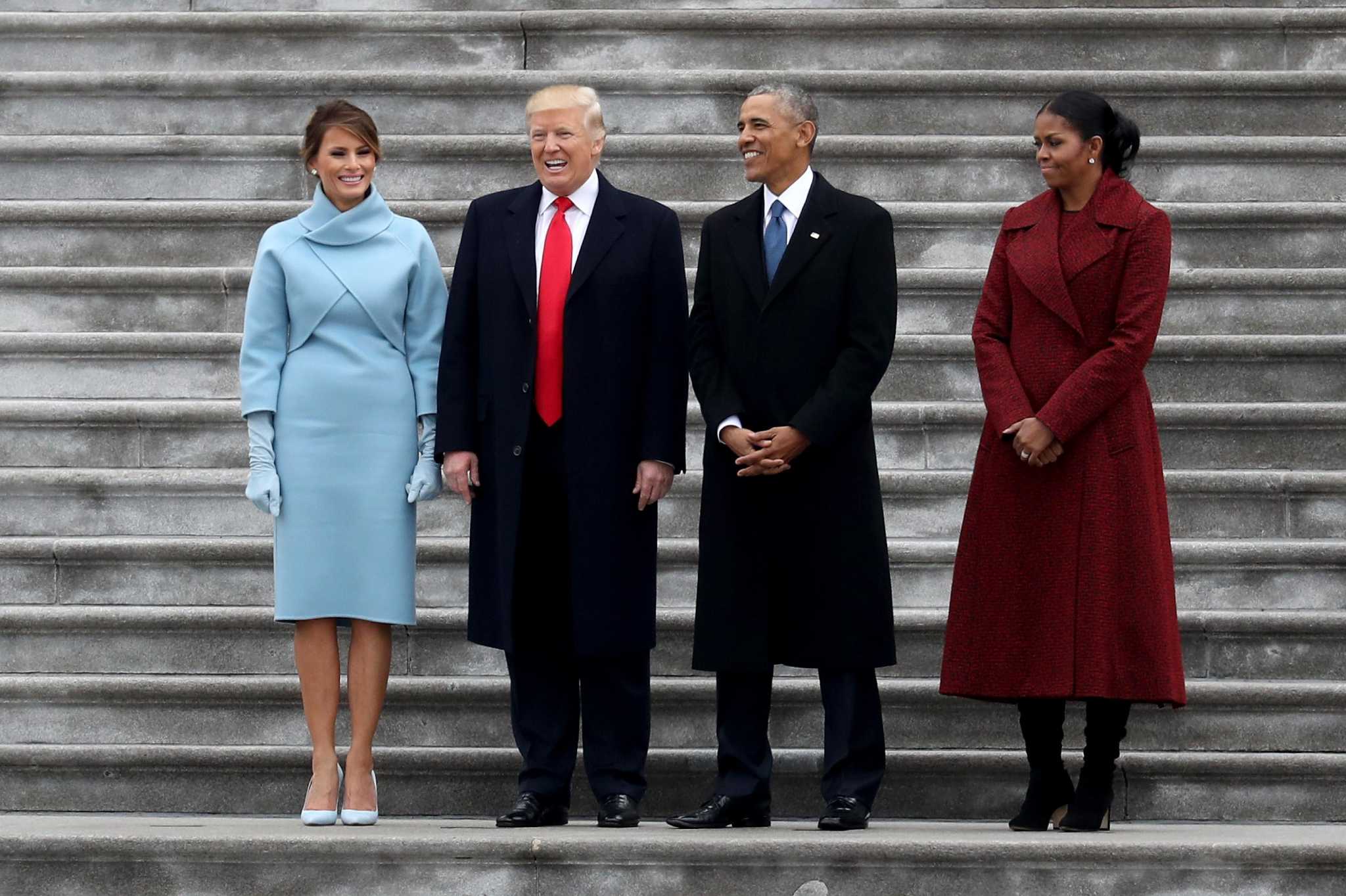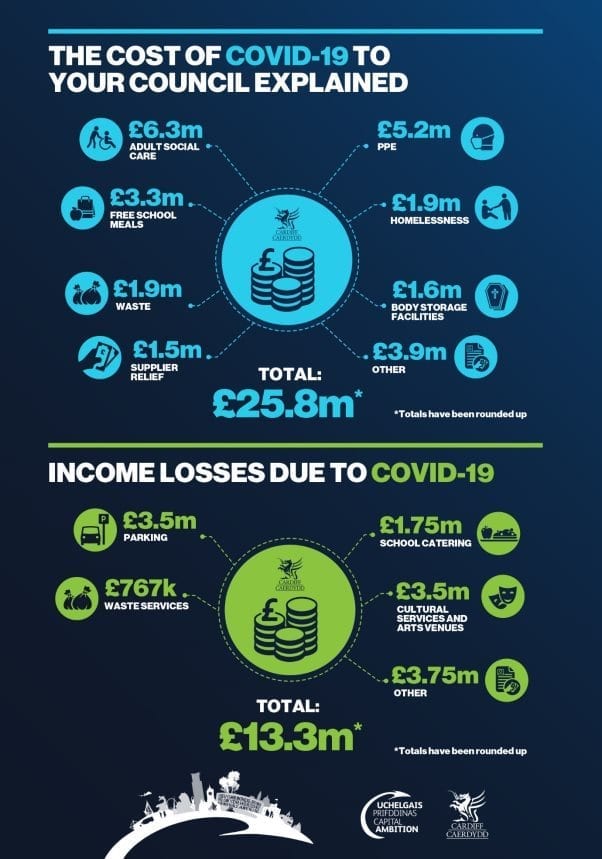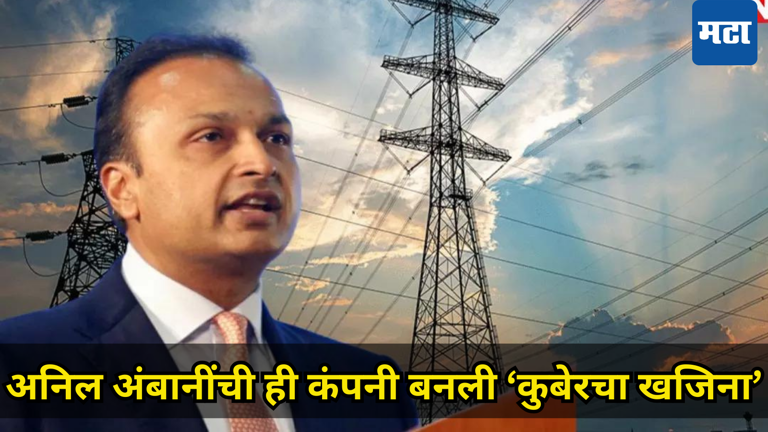Tougher UK Visa Rules: A Crackdown On Visa Fraud And Abuse

Table of Contents
Increased Scrutiny of Visa Applications
The UK Visas and Immigration (UKVI) department has significantly increased its scrutiny of visa applications, employing more rigorous checks and processes to identify fraudulent activity. This heightened vigilance impacts all visa categories, from student visas and work visas to family visas and visitor visas.
Enhanced Document Verification
The UKVI now utilizes advanced technology and more robust verification methods to assess the authenticity of supporting documents. This involves:
- Increased use of biometric checks: Fingerprints and facial recognition technology are used more extensively to verify applicant identities and prevent identity theft.
- Digital verification of educational certificates: Universities and educational institutions are increasingly cooperating with UKVI to verify the authenticity of academic qualifications electronically.
- Stricter financial proof requirements: Applicants must provide more comprehensive and verifiable evidence of their financial resources to demonstrate their ability to support themselves in the UK.
These enhanced verification processes mean that incomplete or falsified documentation is far more likely to result in application rejection. Applicants must ensure all documents are accurate, up-to-date, and properly attested.
More Rigorous Interview Processes
In addition to enhanced document checks, the interview process itself has become considerably more rigorous. Applicants should expect:
- More in-depth questioning: Interviews are more extensive, probing deeper into the applicant's intentions, financial stability, and ties to their home country.
- Potentially more frequent in-person interviews: While some interviews may still be conducted remotely, there’s a greater likelihood of being required to attend an in-person interview.
Inconsistencies or perceived lack of credibility during the interview can lead to visa refusal. Thorough preparation and a clear understanding of the application requirements are vital.
Higher Financial Thresholds and Proof of Funds
One of the most significant changes under the tougher UK visa rules is the increase in financial thresholds and stricter proof of funds requirements. This aims to prevent individuals from entering the UK without sufficient means of support.
Increased Minimum Bank Balances
The minimum bank balance required to demonstrate sufficient funds varies depending on the visa type. However, across the board, these minimums have increased. For example:
- Student visas: The required funds to cover tuition fees and living expenses have significantly increased.
- Work visas: Applicants need to prove they have enough money to support themselves for a longer period, often exceeding six months.
These higher financial thresholds pose a significant challenge for many applicants, particularly those from lower-income backgrounds.
Stricter Evidence Requirements
The UKVI now demands more rigorous evidence of financial resources, including:
- Detailed bank statements: Simply providing a bank statement is often insufficient. Applicants may need to provide multiple statements covering a longer period and demonstrate a consistent financial history.
- Acceptable investment portfolios: Investments must be readily accessible and demonstrably owned by the applicant.
- Clearly documented sponsorships: If relying on a sponsor, the sponsor’s financial documentation must be equally rigorous and meticulously verified.
Failing to provide sufficient or inaccurate financial documentation can lead to immediate visa rejection.
Strengthened Penalties for Visa Fraud
The UK government has significantly increased the penalties for those found guilty of visa fraud or abuse. These harsher penalties aim to deter fraudulent applications and reinforce the integrity of the UK's immigration system.
Increased Fines and Jail Sentences
Individuals found guilty of visa fraud face:
- Substantially increased fines: The financial penalties for visa fraud have been significantly raised.
- Longer prison sentences: Jail terms are now considerably more severe.
These stricter penalties serve as a strong deterrent against fraudulent activity.
Impact on Visa Sponsors
The new rules also impose heavier consequences on employers or sponsors who knowingly facilitate visa fraud. This could result in:
- License revocation: Sponsors could lose their license to sponsor migrant workers.
- Heavy financial penalties: Significant fines are imposed for non-compliance.
These measures aim to hold sponsors accountable for ensuring the integrity of the visa sponsorship process.
Conclusion
The implementation of tougher UK visa rules signifies a robust approach to combating visa fraud and abuse. The increased scrutiny of applications, higher financial thresholds, and strengthened penalties aim to ensure a more secure and controlled immigration system. These changes necessitate careful preparation and adherence to stricter guidelines for all visa applicants. Understanding these new tougher UK visa rules is crucial for anyone planning to apply for a UK visa. Seeking professional immigration advice is highly recommended to navigate the complexities of the new application process and increase your chances of a successful application.

Featured Posts
-
 Is Colin Cowherd Right A Re Examination Of His Jayson Tatum Criticism
May 09, 2025
Is Colin Cowherd Right A Re Examination Of His Jayson Tatum Criticism
May 09, 2025 -
 Working Parents And Daycare Navigating The Challenges And Rewards
May 09, 2025
Working Parents And Daycare Navigating The Challenges And Rewards
May 09, 2025 -
 Tech Billionaires 194 Billion Losses 100 Days Of Pain After Trump Inauguration
May 09, 2025
Tech Billionaires 194 Billion Losses 100 Days Of Pain After Trump Inauguration
May 09, 2025 -
 West Hams Financial Troubles A 25m Gap And The Path To Recovery
May 09, 2025
West Hams Financial Troubles A 25m Gap And The Path To Recovery
May 09, 2025 -
 1420
May 09, 2025
1420
May 09, 2025
